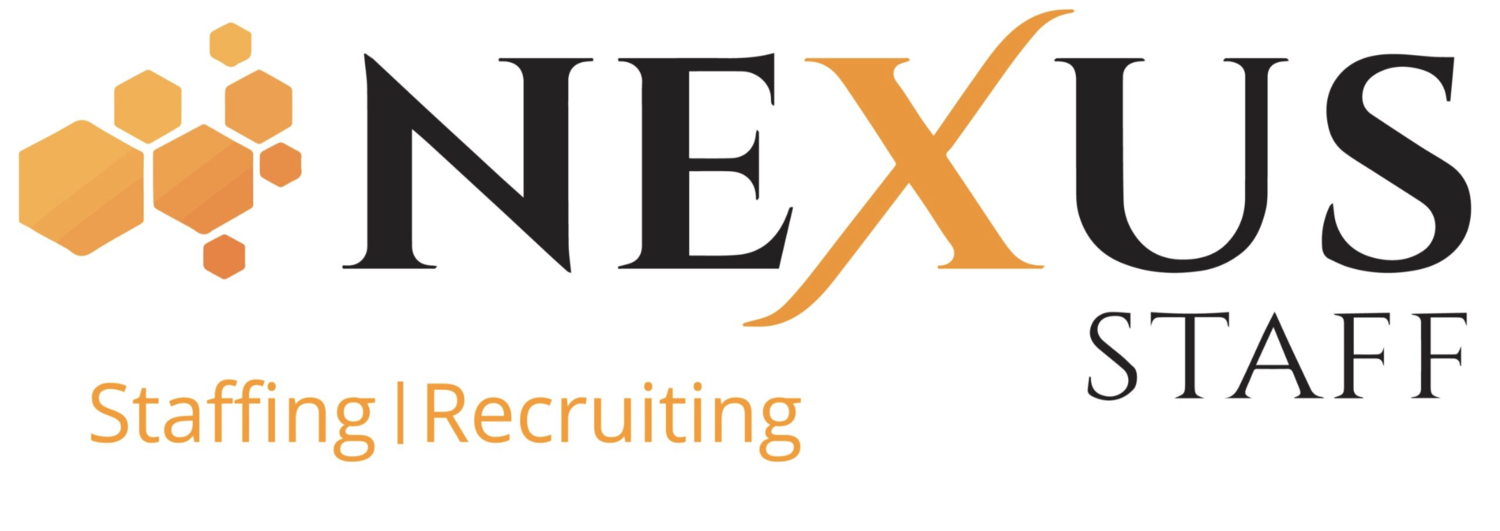Questions to Consider While Creating A Career Mentorship Program
A career mentorship program offers employees the ability to connect with one another through a meaningful educational relationship. In a successful program, both sides of the mentorship are able to make progress toward their goals in the workplace while expanding their network, improving industry knowledge and leadership skills, and strengthening their overall professional development in the process.
Before jumping into the creation of a career mentorship program of your own, it’s important to take these questions into consideration:
How will your company benefit from a career mentor program?
A successful workplace mentorship program has benefits for not only the participating mentees and mentors, but also the business as a whole.
For mentees participating in the program, they will be provided with a new connection they are able to turn to to discuss their professional goals and gain insight from more established employees regarding career development, industry knowledge, professional development resources, and more. For mentors, these employees are able to strengthen their own leadership skills while potentially learning more about their own goals themselves.
In turn, when mentees and mentors work together, the overarching benefits of a successful career mentorship program can include a stronger company culture, improved employee performance and engagement, and even improved retention rates.
How will the program be designed?
While designing your company’s mentorship program, be sure to consider these logistical aspects:
Who is eligible to join? Mentees participating in the program may be younger professionals just starting their careers, those looking for extra guidance in a new field, or even employees transitioning into new roles. On the other hand, mentors are more seasoned professionals with the ability to give advice and be a helpful guide through a particular role or industry. With this in mind, are there certain requirements that must be met in order for your employees to participate in the program? Perhaps you prefer both parties to have a certain amount of experience to qualify or meet particular criteria based on their amount of time with the company, performance evaluations, etc.
How can employees get involved with the mentor program? Will all employees be automatically enrolled in the mentorship program? Or will it be required that employees fill out an application to express their interest? If budgeting, time, or other constraints limit the amount of participants able to join the mentorship program, taking these aspects into consideration will help create a clear plan for the program.
What is required of the participants? Once it is established who is eligible for the program and how interested employees can get involved, it’s important to also consider what the program requirements will look like. Will participants need to meet on a regular basis to discuss their goals? And if so, will there be a certain amount of time to meet? A certain number of goals that must be set?
How long will the program run? Will your career mentorship program run for a predetermined length of time? And if so, how long will that be — a set amount of weeks? Months? A year?
How will the mentor/mentee pairs be set up? Take into consideration what the actual set up of the mentor/mentee pairs will look like. For example, while 1:1 pairs may work for some programs, others may benefit from a group setting where they will be able to bounce ideas off one another and really delve into discussions.
How will mentees and mentors be matched? Will a program coordinator be matching mentees and mentors or will participants have the opportunity to choose who they are grouped or paired up with?
How will your program track success?
Measuring the success of your company’s mentorship program allows you to better understand what does and doesn’t work. To do this, you will want to first decide what “success” means to you. For example, if the main goal of your career mentorship program is to improve overall employee satisfaction, you’ll want to focus on your participants’ experience. In this case, consider collecting feedback through a variety of different methods such as intro and exit interviews, surveys, program evaluations, and focus groups. Once the information your participants have provided has been reviewed, you will be able to adjust the program accordingly and either continue the program as is or make adjustments as needed.
Creating a successful career mentorship program starts with engaged employees looking for the next step to flourish in. Still building your perfect team? Contact Nexus today to learn more about our personalized staffing services.





